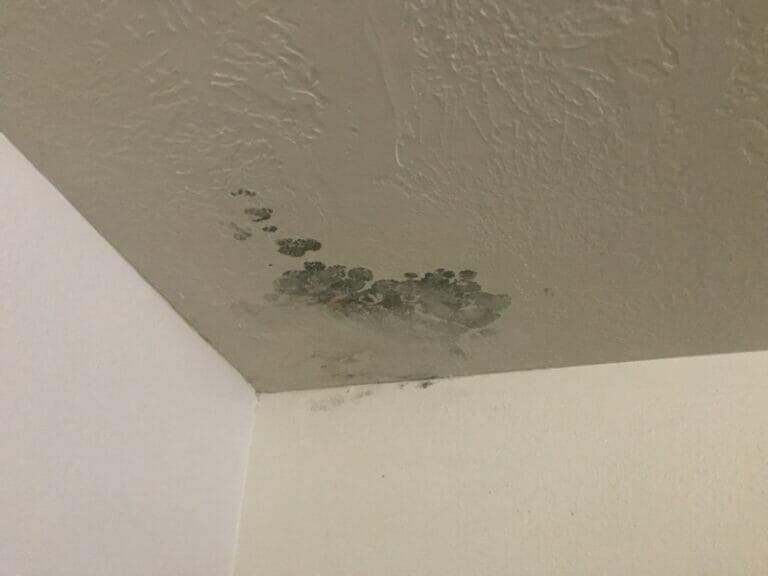
A home inspection is not only for the purchase of a new home. It is suggested that homeowners get a home inspection annually. Home inspections are one example of how a small investment can save you from major expenses later. If you want to keep your home in tip-top shape, understand the inner-workings of your plumbing and electrical systems, and receive early warnings about any potential hazards, then you should get a regular home inspection.
Water Damage
A home inspector will be able to pinpoint, not only current water damage and its causes, but also any areas that could potentially cause problems down the road. Home inspectors will find moisture that you might have missed, whether it is in a crawl space, around windows, or on a remote spot of the ceiling. They will note any leaky pipes or toilets, as well as find areas that need to be properly sealed. Water damage indicates that something is wrong and needs to be fixed immediately.
Electrical Issues
Most people know very little about the electrical system of their home, and yet it is the most likely system to encounter problems. A faulty wire can even start a house fire, so it is critical that someone who understands electrical wiring inspect your home. They will note if anything is outside of local fire code. They will also be able to inform you of anything you are doing that is unsafe. It is very dangerous for untrained homeowners to mess with the electricity. Leave it to the professionals and stay safe!
Hidden Pest Infestations
It often takes a trained eye to spot pest infestations. Your home inspector will be able to see signs that you might have overlooked. Wood boring insects such as carpenter ants, carpenter bees, and termites can do a great deal of damage fast, without you even knowing they are there. Additionally, mice or rats could be hiding away in your crawl space. Your attic might be the nesting site of bats, squirrels, or even raccoons. As much as we all love our furry neighbors, your house is not a good place for them to settle! They can wreak all kinds of havoc, including posing a fire danger by chewing through the plastic coating of electrical wires.
Fire Hazards
There are many fire hazards besides the ones already mentioned that a home inspector will be able to locate for you. One fire hazard could potentially be your roof. While wood shake and shingle roofs have been popular for centuries, they are a known fire danger. Not only are wood roofs highly flammable, they are also potential fire spreaders as well. Individual shingles are blown off the roof and spread to distant areas. Other roofing materials can pose a fire hazard as well. An inspector might recommend getting a metal roof. Metal roofs last longer and offer better fire protection than asphalt shingles.
Dangers to Young Children
Accidents at home happen all the time, and young children are especially vulnerable. Sometimes, you need an expert eye to catch the hidden dangers to your child. A home inspector will measure the distance between railings on upper levels, making sure they are up to code. They will also test to be sure each railing is secure. They will check the temperature on the water heater. It is common for accidental scalding to occur at home. They will inspect door and gate latches, which can prevent a toddler from wandering out alone. Similarly, they will make sure that windows are neither too easy (causing falls) or too difficult (a fire hazard) to open. They will also be able to test for lead paint if your home is old and that is a possibility.
Dangerous Gases
Radon and carbon monoxide are poisonous gases that can be fatal to your family. These gases are impossible to detect without a proper test. A home inspection will assess your home for the presence of both these life-threatening elements. They will also check the valves and hoses on any natural gas appliances throughout the home, ensuring that they are fully sealed, leak free, and functioning properly. Additionally, they will be ascertaining whether the home is equipped with enough carbon monoxide detectors, making sure that they are in good working order.
Home Appliances
Your home inspector will not only inspect the structural details of the house, but they will also make sure that your appliances are in good repair. Dysfunctional appliances are the cause of over a hundred thousand house fires each year in the United States. This can happen from misuse, but fires also commonly occur due to electrical or mechanical problems with the appliance itself. Appliances are major time savers, but it is important to have them inspected regularly so they don’t become fire hazards.
General Hazards
In addition to spotting specific hazards around your home, home inspections can also point out a wide variety of general hazards. Does your bathroom create a risk of falls? Do you have black mold in your basement? Is your chimney blocked? Are your stairs too narrow or steep? Is your stair-railing insecurely attached to the wall? Do your blinds have long chords which pose a strangulation threat? Is your walkway a tripping risk? These are just a few of the questions that a home inspector will address in order to keep you and your family safe.
It is never a good idea to skip out on a home inspection when you are purchasing a house, and it shows a great deal of wisdom and foresight to continue to have your home inspected on a regular basis. Home inspectors can investigate the structural integrity and hidden dangers of your home. For that reason, a home inspection is one of the greatest gifts you can give your house. An inspector will inform you as to what repairs or replacements need to be made, whether immediately or in due time, and help your home become both safe and sound.
